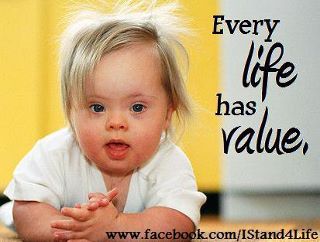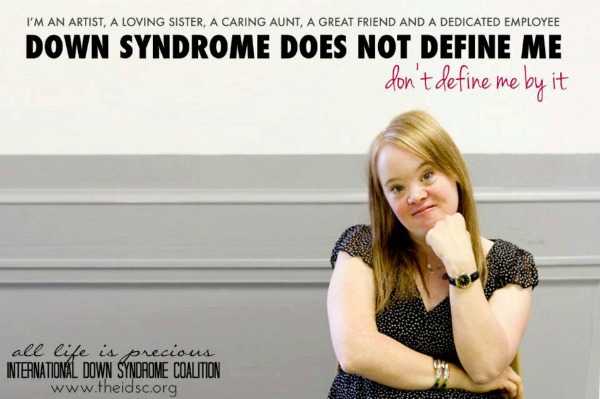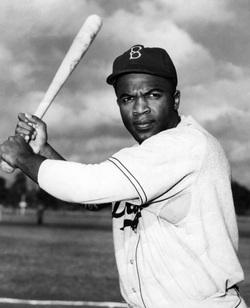For this blog post, I decided to use quotes that I felt pertained to my education in high school and college and the education of my students at my service learning placement.
While reading this article, I found myself constantly comparing what Shor wrote to my education throughout the years. "He urged teachers to encourage students to question their experience in school: 'You must arouse children's curiosity and make them think about school. For example, it's very important to begin the school year with a discussion of why we go to school. Why does the government force us to go to school? This would set a questioning tone and show the children that you trust them and that they are intelligent enough at their own level, to investigate and come up with answers'" (11). In my service learning placement, my teacher is always asking the students to think. She always allows them time to participate, to have their thoughts heard. The last time I was there, they were reading a book about Thanksgiving and she was always asking them different things about the book asking them to think about what the Pilgrims went through on their journey over. She let the students say what they wanted and even if an answer wasn't totally correct she helped lead them to the right answer but only by guiding them. I feel that as I reached middle school and high school, my teachers started just making me memorize the material.
 The next quote that Shor wrote was one that I felt I could relate to. Shor said, "This kind of critical education is not more political than the curriculum which emphasizes taking in and fitting in. Not encouraging students to question knowledge, society, and experience tacitly endorses
and supports the status quo. A curriculum that does not challenge the standard syllabus and conditions in society informs students that knowledge and the world are fixed and are fine the way they are, with no role for students to play in transforming them, and no need for change" (12). This connects to Kozol because the people in Mott Haven were confined to the poverty stricken neighborhood they lived in. They couldn't rise up in society and that is what this quote is saying, by not challenging knowledge you'll still be where you started. I was never taught to question what I was learning or why I would do it. In some of my classes I was answering questions on worksheets where the answers came right from the text and I never questioned it. In my FNED class we did the same thing and had to answer true and false questions, questions like who is the author and question where one word answers came right from the text. These are similar to questions that I answered in high school and I did it because I was told to do it. These types of questions don't challenge students and they seem like dumb questions for people who aren't that smart. Some of my English teachers would tell us what certain things meant and they didn't want to hear contradicting theories. They believed that they were right and on tests and quizzes I found myself writing their perspective not mine. I wasn't learning in these classes I was just trying to get by, I didn't bother thinking for myself because I knew whatever I thought would be considered wrong.
The next quote that Shor wrote was one that I felt I could relate to. Shor said, "This kind of critical education is not more political than the curriculum which emphasizes taking in and fitting in. Not encouraging students to question knowledge, society, and experience tacitly endorses
and supports the status quo. A curriculum that does not challenge the standard syllabus and conditions in society informs students that knowledge and the world are fixed and are fine the way they are, with no role for students to play in transforming them, and no need for change" (12). This connects to Kozol because the people in Mott Haven were confined to the poverty stricken neighborhood they lived in. They couldn't rise up in society and that is what this quote is saying, by not challenging knowledge you'll still be where you started. I was never taught to question what I was learning or why I would do it. In some of my classes I was answering questions on worksheets where the answers came right from the text and I never questioned it. In my FNED class we did the same thing and had to answer true and false questions, questions like who is the author and question where one word answers came right from the text. These are similar to questions that I answered in high school and I did it because I was told to do it. These types of questions don't challenge students and they seem like dumb questions for people who aren't that smart. Some of my English teachers would tell us what certain things meant and they didn't want to hear contradicting theories. They believed that they were right and on tests and quizzes I found myself writing their perspective not mine. I wasn't learning in these classes I was just trying to get by, I didn't bother thinking for myself because I knew whatever I thought would be considered wrong. 
"Participation is the most important place to begin because student involvement is low in
traditional classrooms and because action is essential to gain knowledge
and develop intelligence" (17). I took a criminal justice class at RIC and no one in my class participated. Our grades came from our exams and it was all memorization. He would put the information we needed on the board and we had to memorize it all for the exam. I definitely couldn't wait for the class to be over and if you asked me about any of the material from the class I couldn't give you a right answer. In high school my calculus teacher would always have us participate. We would go up to the board with questions we had on the homework and other people in the class would put the work and the answer on the board and teach the class how they solved the problem. It helped not only the people with questions but the people who presented the problems. The people presenting it got more participation points and they explained the problem which helped the process sink into their head. That in turn also helped the people who had questions because sometimes it is easier to understand something if it is taught by other students.
I found this article that quotes Shor who explains the reasons why we should opt out or state testing. State testing sets this standard that all students have to be in even if the students aren't strong in the typical testing areas. This quote by Einstein perfectly describes state testing: "Everybody is a genius. But if you judge a fish by its ability to climb a tree, it will live its whole life believing that it is stupid." Every person succeeds in their own way. While not every student will understand the material, teachers should at least have these students questioning why the need to go to school so that they are still thinking and being critical.
I found this article that quotes Shor who explains the reasons why we should opt out or state testing. State testing sets this standard that all students have to be in even if the students aren't strong in the typical testing areas. This quote by Einstein perfectly describes state testing: "Everybody is a genius. But if you judge a fish by its ability to climb a tree, it will live its whole life believing that it is stupid." Every person succeeds in their own way. While not every student will understand the material, teachers should at least have these students questioning why the need to go to school so that they are still thinking and being critical.







